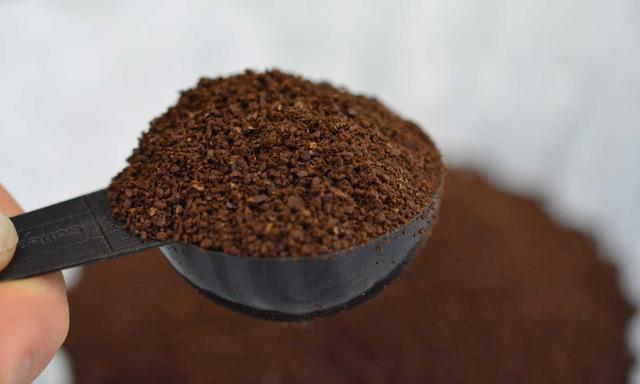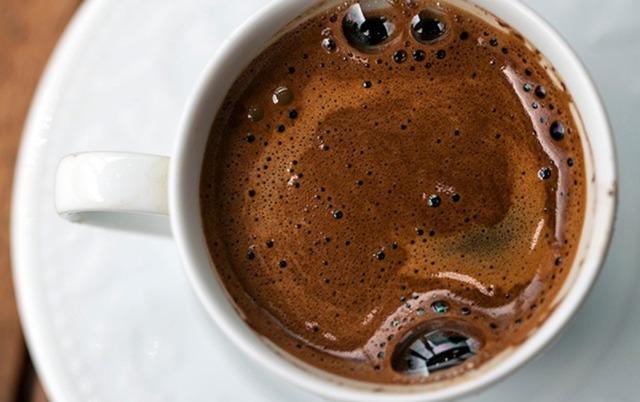Dietician Edanur Teksöz made statements about the right coffee consumption, the benefits of coffee, and the possible harms of excessive consumption.
HEALTH BENEFITS OF COFFEE
Noting that coffee is widely consumed in the world, Dyt. Teksöz said, “Coffee is one of the most popular and widely consumed beverages in the world due to its stimulating effects on the central nervous system as well as its taste and aroma.”
Dyt. Teksöz listed the health benefits of coffee as follows:
“It reduces liver cancer and diseases.
It reduces the risk of type 2 diabetes.
It reduces the risk of obesity, increases fat burning, reduces body fat percentage, and creates a feeling of satiety.
It reduces the risk of Parkinson’s disease.
It has the potential to reduce the risk of dementia and Alzheimer’s disease.
It has a stimulating effect on the nervous system. It is a fatigue reliever and pain reliever.
Although there are conflicting results regarding a decrease or increase in the risk of cardiovascular disease, coffee, which is a source of antioxidants, has generally been found to reduce the risk of cardiovascular and other inflammatory diseases by inhibiting inflammation.
It has a reducing effect on the risk of heart failure and increasing blood pressure.
It has positive effects such as reducing muscle loss, increasing muscle strength, weight and endurance, and healing damaged muscles.
It has effects such as reducing wrinkles, peeling, anti-cellulite and anti-aging.
A decrease in oxidative stress is observed.”
NUTRITIONAL VALUES

Speaking about the nutritional values found in coffee, Dyt. Teksöz said, “Since coffee is obtained from dried plant leaves and seeds, every 100 grams is around 300 calories on average. It contains small amounts of protein, B vitamins and minerals. Coffee is especially rich in potassium. However, since coffee should be consumed in small amounts per day, its nutritional value cannot be considered much. For example, a cup of coffee provides only 2-3 calories. The same amount of coffee contains 25-30 grams of potassium. When sugar or milk is added to coffee, its nutritional value should also be deducted.”
SHOULD NOT BE DRINKING DURING MEALS

Dyt. Teksöz, who explains how to consume coffee correctly, said, “Coffee itself does not contain calories, but the calories of coffee increase when milk, cream and sugar are added to it. Coffee consumed during meals or immediately after meals can reduce zinc and iron absorption. It is recommended to drink it 45 minutes after meals.”
DO NOT PREFER TAKING IT ON AN EASY STOMACH IN THE MORNING
Drawing attention to the fact that coffee consumed on an empty stomach in the morning can cause stomach upset, insomnia and nervousness, Dyt. Teksöz said, “According to research, coffee consumed on an empty stomach before breakfast increases the amount of blood sugar given to breakfast by 50 percent and has a negative effect. It has been observed that the first coffee consumed after a bad night’s sleep, especially when the body is sleep deprived, has a much greater effect on blood sugar. If you feel tired and sleepless when you wake up in the morning, it would be better to have breakfast and then drink your first coffee.”
DAILY COFFEE CONSUMPTION

Regarding how much daily coffee consumption should be, Dyt. Teksöz said, “Many studies have indicated that the amount of caffeine that can be safely consumed by adults is 300 mg per day (approximately 3-4 cups of coffee). Pregnant women are recommended to consume 200 mg per day.”
HOW MUCH CAFFEINE IS IN WHICH TYPE OF COFFEE?

Dyt. Teksöz listed the amount of caffeine in coffee as follows:
“ 1 cup of Turkish coffee contains 65 milligrams (mg)
1 cup Americano 100 mg
1 shot Espresso 100mg
1 cup of filter coffee 150 mg”
NEGATIVE AFFECTS THE DIGESTIVE SYSTEM
Saying that excessive coffee consumption overstimulates the digestive system, Dyt. Teksöz said, “It can be irritating as it increases the acid secretion in the stomach. Therefore, it is not recommended for patients with ulcers to consume coffee. Caffeine has a stimulating effect on the central nervous system and the heart. When used excessively, it can cause heart palpitations, insomnia, tension and headaches. In people with anemia, excessive coffee consumption can worsen anemia as it reduces the absorption of iron in foods.”
SHOULD NOT BE CONSUMED IN EXCESSIVE AMOUNT
Finally, drawing attention to the points to be considered in coffee consumption, Dyt. Teksöz said, “You should be careful to consume coffee according to your daily coffee amount. Choose quality coffee and pay attention to water consumption. Be careful not to add cream or sugar to your coffee. Do not consume coffee on an empty stomach.” (DHA)
